For the 4th year running, EATRIS attendees joined the largest pharma and biotechnology partnering event, BIO Convention, which was held this year in San Diego. The premise of the BIO International Convention is simple; in the modern drug discovery and development world, it’s possible to contract practically every technical, regulatory, and clinical capacity that is necessary to help a drug make the translation into the clinic. BIO International Convention provides an information market allowing larger companies an efficient forum to screen for promising drug candidates, for smaller companies to find service providers to augment their in-house capacity, and for organisations like EATRIS, it provides the forum to meet:
- pharma and biotech drug developers who need access to academic expertise, capacity, infrastructure, and regulatory advice;
- patient foundations and charities which may be interested in learning about EATRIS’ existing work with charities and funders to accelerate translational output;
- diagnostics and biomarker developers who want to validate their products;
- companies who are using or developing imaging solutions to support drug development or personalised medicine applications;
- most importantly, potential international partners who want to know more about collaboration in translational research, clinical trials, and development pathways in EU
In terms of numbers, EATRIS representative Florence Bietrix met more than 60 companies, patient foundations, and representatives of EATRIS institutes at BIO in 4 days. In addition, Anton Ussi joined BIO as a representative for the Innovation Package of CORBEL, which is meant to stimulate a high standard of public-private partnership across 11 of the 14 biomedical research infrastructures. The output of BIO is three-fold: (1) increased awareness about the landscape of biomedical research in EU, especially in translational research; (2) concrete discussions about possible future projects for which EATRIS can facilitate access to expertise, capacity, and infrastructure; and (3) gathering market intelligence about current trends and strategies in drug development.
In addition to the partnering meetings, EATRIS organised a well-attended and engaging panel presentation entitled ‘Getting the Human into the Dish: The Road Towards More Predictive Pre-Clinical Models’, focused on technology to humanise and improve biology related to drug discovery and screening. The panel, which was assembled by Florence Bietrix, featured:
- Moderator: Jose Lebron, Executive Director, Investigative Laboratory Sciences, Merck;
- Marcel Zwaal, CEO, Foundation Hubrecht Organoids Technology, a company devoted to development of advanced technology arising from an academic specialty institution;
- Danilo Tagle, Associate Director for Special Initiatives, NIH-NCATS, the largest public initiative to develop humanised models;
- David Mann, Global Business Director, Cellular Dynamics, the largest commercial provider of iPS-derived stem cell products for research and therapeutic use;
- Viswanath Das, Researcher, Institute of Molecular and Translational Medicine (IMTM), an institute with highly advanced high-throughput and high-content drug screening, located in Olomouc, Czech Republic
If there are any questions about this event, or if specific opportunities arise within EATRIS institutes which can possibly be included in future editions of BIO, please bring these to the attention of Anton and Florence.
















